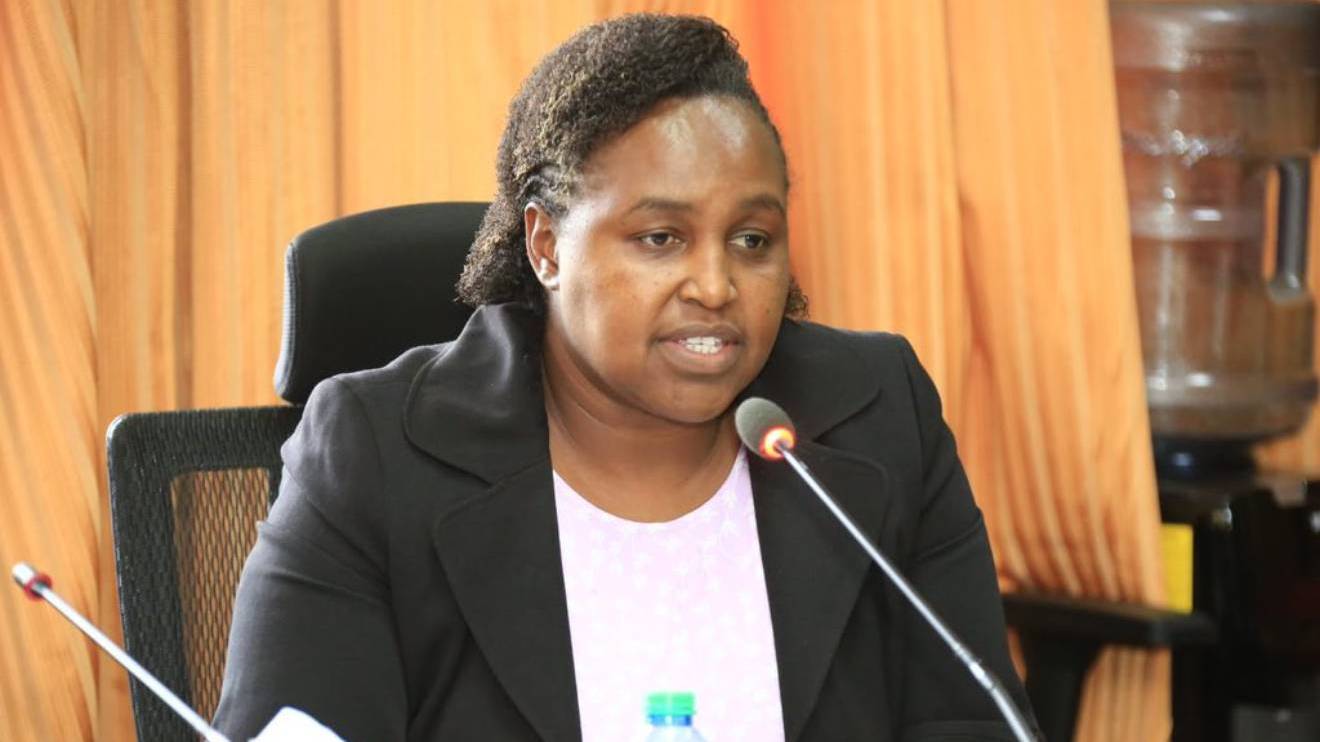A new Bill tabled in Parliament is pushing for the introduction of individualised internet meter numbers and consumption-based billing for every Kenyan internet user, a move that could dramatically alter how citizens access and experience the internet.
At the heart of the Kenya Information and Communications (Amendment) Bill, 2025, is a controversial proposal compelling internet service providers (ISPs) to operate systems that assign each subscriber a traceable and unique internet meter number.
The system would monitor a customer’s online activity, track data usage, and generate invoices based on actual consumption.
According to the sponsor, Aldai Member of Parliament Marianne Kitany, the bill intends to protect consumers and rein in unfair billing by providers.
“An internet service provider shall operate a meter billing system which shall assign to each customer a unique and identifiable meter number, monitor customer usage, convert customer usage into readable details and create invoices based on consumption,” the Bill reads.
Read More
Yet, while pitched as a tool for consumer protection, the Bill is raising eyebrows over the sweeping powers it hands state organs to access private subscriber information.
Under the proposed amendments to Section 27A CAP 411A, telecommunications operators will be required to ensure every SIM card is registered with comprehensive personal information, including name, ID number, date of birth, gender, physical and postal addresses, and stored confidentially.
However, that confidentiality may be lifted at the discretion of the government. The Bill states:
“Notwithstanding the provisions of subsection (2)(c), a telecommunications operator may disclose the registration particulars of a subscriber for the purpose of facilitating the performance of any statutory functions of the Authority (or) in connection with the investigation of any criminal offence (or) for the purpose of any criminal proceedings or for the purpose of any civil proceedings under the Act.”
While the clause carves out an exception for services provided on behalf of public bodies, critics are likely to question the broad discretion given to undefined “relevant state organs”, a move some may interpret as legalising surveillance of citizens under the guise of national interest.
To enforce compliance, the Bill introduces a hefty fine of up to Sh5 million for any individual or organisation that violates these provisions.
Kitany also seeks to have all ISPs submit their entire billing frameworks and assigned meter numbers to the Communications Authority (CA) at the close of every financial year for scrutiny and verification.
This would allow the regulator to assess customer invoices and ensure proper value-for-money.
Moreover, the amendments expand the legal definition of a telecommunications operator to explicitly include internet service providers, ensuring that the metered billing provisions and obligations apply equally across all internet providers in the country.
The proposals also stretch beyond data and billing. In a notable shift, the Bill seeks to enforce stringent age-verification standards across social media platforms such as WhatsApp, Facebook, Instagram and LinkedIn.
Users, both new and existing, will be required to validate their age through their national ID before accessing these platforms.
Content and application service providers, as well as mobile service operators, will bear the responsibility for ensuring this compliance.
Kitany defends these measures, stating the current systems are easily manipulated:
“The society as a whole, including all participants of the internet ecosystem, is responsible for safeguarding the rights of children in their access and use of information, communication and technological products and services,” the Bill states.
Despite the sweeping nature of the amendments, the Bill insists it does not infringe on fundamental rights and freedoms.
“The bill requires internet service providers to develop and deploy quality metered billing systems capable of monitoring customer usage, converting it into readable details, and generating invoices that reflect the value customers receive from various internet services,” reads the Bill’s memorandum of objects and reasons.
It also asserts that the proposals fall squarely within national jurisdiction, as telecommunications are a national government function under the Constitution’s Fourth Schedule.
However, it concedes that the roll-out may lead to additional expenditure from the public purse, classifying it as a money bill.
While existing ISP licenses and broadcaster rights will remain intact until expiry, all future licences and registrations will be governed under the amended Act.
Those resisting the new regime will need to either adapt or risk harsh financial penalties.
Whether Parliament adopts the Bill in its current form remains to be seen. But if passed, it could usher in a deeply transformative and contentious era of internet regulation in Kenya.








-1756474472.jpg)

